I have been leading final year Design & Engineering “Advanced Technology & Innovation” unit. This is a 40 credit unit and 50% of the course work is assessed through a research publication.
During this unit the students had the opportunity to choose a topic for research within the area of coatings including nano coatings, structural integrity (corrosion simulation and modelling), thermodynamics, renewable energy and materials. These areas of research are supported through state-of-the-art experimental and analytical resources in Sustainable Design Research Centre and supported by significant industrial collaborations.
Final year design engineering students have been actively engaged with the research activity and were successful in publishing the following journal (open access) and conference papers.
Nugent, M., & Khan, Z. (2014). The effects of corrosion rate and manufacturing in the prevention of stress corrosion cracking on structural members of steel bridges. The Journal of Corrosion Science and Engineering JCSE, 17(16). Retrieved from http://www.jcse.org/
Grover, M., & Khan, Z. (2014). The Comparison on Tool Wear, Surface Finish and Geometric Accuracy when turning EN8 Steel in Wet and Dry Conditions. In M. Grover (Ed.), World Congress on Engineering 2014: The 2014 International Conference of Manufacturing Engineering and Engineering Management (pp. 1093-1097). Imperial College London: Newswood Limited International Association of Engineers. Retrieved from http://www.iaeng.org/WCE2014/index.html
Wilton-Smith, K., Khan, Z., Saeed, A., & Hadfield, M. (2014). Accelerated Corrosion tests of Waste-gated Turbocharger’s Adjustable and Fixed End Links. In High Performance and Optimum Design of Structures and Materials Vol. 137 (pp. 501-508). Southampton: Wessex Institute of Technology, UK. doi: 10.2495/HPSM140461
Dobson, P., & Khan, Z. (2013). Design considerations for carbon steel pipes materials’ selection applied in fossil powered plants subjected to wet-steam flow accelerated- corrosion review paper. Journal of Corrosion Science and Engineering, 16, 1-13. Retrieved from http://www.scopus.com/source/sourceInfo.url?sourceId=12326&origin=recordpage
Denham, L., & Khan, Z. (2013). The prevention of corrosion and corrosion
stress cracking on structural members of
fixed deep sea oil rigs. The Journal of Corrosion Science and Engineering, 16, 1-13. Retrieved from http://www.jcse.org/
The paper “The Comparison on Tool Wear, Surface Finish and Geometric Accuracy when turning EN8 Steel in Wet and Dry Conditions” was accepted in the World Congress on Engineering 2014 organised by International Association of Engineers (IAENG) at the Imperial College London 2-4 July 2014. This paper was presented at the conference. This paper has now been selected to be contributed as a book chapter which will be published by Springer.
“We are happy to inform you that Springer has invited us to publish the edited book [ Transactions on Engineering Technologies – World Congress on Engineering 2014] for our WCE 2014 and we are now inviting our WCE 2014 conference participants of selected papers for the edited book.” [extract from invitation].
Dr Zulfiqar Khan (Associate Professor)
Director Sustainable Design Research Centre
SciTech
 My name is Sam Squelch and I am currently on placement working in the research and knowledge exchange office until July 31st. My degree is in Business Studies and I will be looking to gain and develop valuable skills during my placement that I can take into my last year to help me achieve my desirable grade.
My name is Sam Squelch and I am currently on placement working in the research and knowledge exchange office until July 31st. My degree is in Business Studies and I will be looking to gain and develop valuable skills during my placement that I can take into my last year to help me achieve my desirable grade.

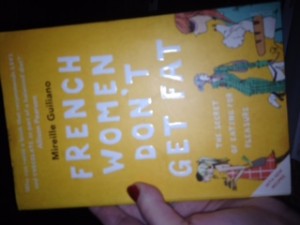

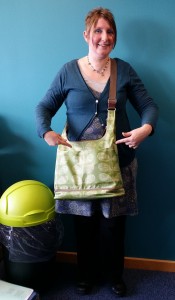
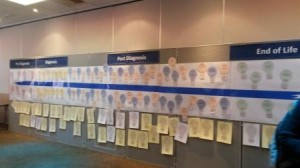
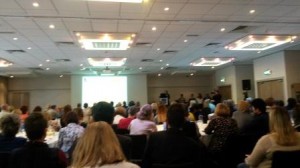



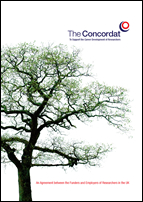


















 Fourth INRC Symposium: From Clinical Applications to Neuro-Inspired Computation
Fourth INRC Symposium: From Clinical Applications to Neuro-Inspired Computation Writing policy briefs
Writing policy briefs Upholding Excellence: The Concordat to Support Research Integrity
Upholding Excellence: The Concordat to Support Research Integrity Today’s Documentation Will Serve Tomorrow’s Justice
Today’s Documentation Will Serve Tomorrow’s Justice ECR Funding Open Call: Research Culture & Community Grant – Application Deadline Friday 12 December
ECR Funding Open Call: Research Culture & Community Grant – Application Deadline Friday 12 December MSCA Postdoctoral Fellowships 2025 Call
MSCA Postdoctoral Fellowships 2025 Call ERC Advanced Grant 2025 Webinar
ERC Advanced Grant 2025 Webinar Horizon Europe Work Programme 2025 Published
Horizon Europe Work Programme 2025 Published Horizon Europe 2025 Work Programme pre-Published
Horizon Europe 2025 Work Programme pre-Published Update on UKRO services
Update on UKRO services European research project exploring use of ‘virtual twins’ to better manage metabolic associated fatty liver disease
European research project exploring use of ‘virtual twins’ to better manage metabolic associated fatty liver disease